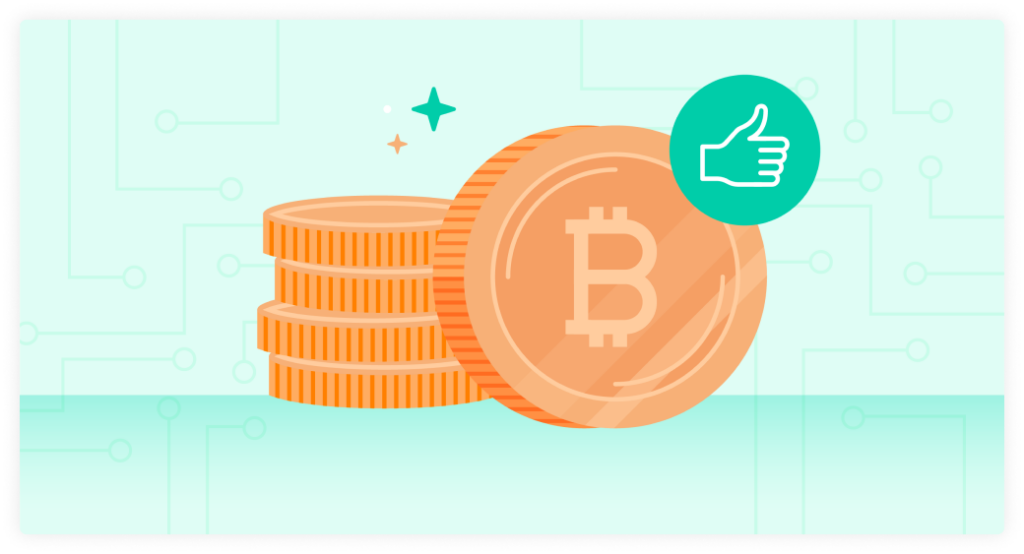What Crypto Can Do For You
Cryptocurrencies can have a broad range of uses depending on what you want to get out of them and the type of cryptocurrency you’re using
They all have different use cases
Click to find out more.
People like to buy and sell cryptocurrencies because they could possibly be worth more in the future. Often financial gain is the strongest reason people get into crypto.
The largest cryptocurrency Bitcoin is widely held by people who want to fight inflation (prices going up), want to preserve their purchasing power or believe some cryptocurrencies offer a better alternative in a world where governments continue to “print” and issue more government-backed fiat money.
Cryptocurrency is not controlled by any government or bank; it can offer a degree of freedom and flexibility that is not possible with traditional currencies.
Many cryptocurrencies can reduce the cost of transactions, making it possible for people to save money on fees and exchange rates.
There are communities out there that are built around cryptocurrency. It can be just as much a social movement as a monetary one.
Cryptocurrencies can help anyone in the world, with only a phone and internet connection, engage in the financial system. There are many people locked out or unhappy with the current one.
An Example
A person in Argentina or in a country with historically poor financial management previously was at the mercy of their governments and central banks. Often these countries failed to manage their money and saw hyperinflation destroy their country’s worth, simply printing too much money that it became worthless.
For these people, their lifelong savings were destroyed by bad money management. With cryptocurrency, these people can “opt-out” of their native currency and buy Bitcoin or stablecoins such as USDC (pegged to the U.S. dollar) with the ease of a digital wallet and exchange from their browser. This has never been possible.

Advantages of cryptocurrency
- Fraud: Cryptocurrencies are digital and cannot be counterfeited or reversed arbitrarily by the sender, as with credit card charge-backs
- Identity Theft: When you give your credit card to a merchant, you give him or her access to your full credit line, even if the transaction is for a small amount. Credit cards operate on a “pull” basis, where the store initiates the payment and pulls the designated amount from your account. Cryptocurrency uses a “push” mechanism that allows the cryptocurrency holder to send exactly what he or she wants to the merchant or recipient without further information.
- Immediate Settlement: Purchasing real property typically involves some third parties (Lawyers, Notary), delays, and payment of fees. In many ways, the bitcoin/cryptocurrency blockchain is like a “large property rights database,” says Gallippi. Bitcoin contracts can be designed and enforced to eliminate or add third-party approvals, reference external facts, or be completed at a future date or time for a fraction of the expense and time required to complete traditional asset transfers.
- Access to Everyone: There are approximately 2.2B individuals with access to the Internet or mobile phones who don’t currently have access to the financial system. Kenya’s M-PESA system, a mobile phone-based money transfer and microfinancing service, recently announced a Bitcoin device, with one in three Kenyans now owning a Bitcoin wallet. (Let me repeat that again. 1/3)
- Lower fees and cost savings: Cryptocurrencies have the potential to significantly reduce costs associated with traditional financial systems. They eliminate intermediaries and operate on open networks, which means transactions can be conducted faster and cheaper, especially for cross-border payments, compared to traditional banking systems.
There are benefits for institutions and the wider financial system, as DeFi cryptocurrencies and the core cryptocurrency infrastructure can help automate and upgrade much of the world’s financial system for massive cost savings.
There are many other ways cryptocurrencies are being used, but these are the most common ones.